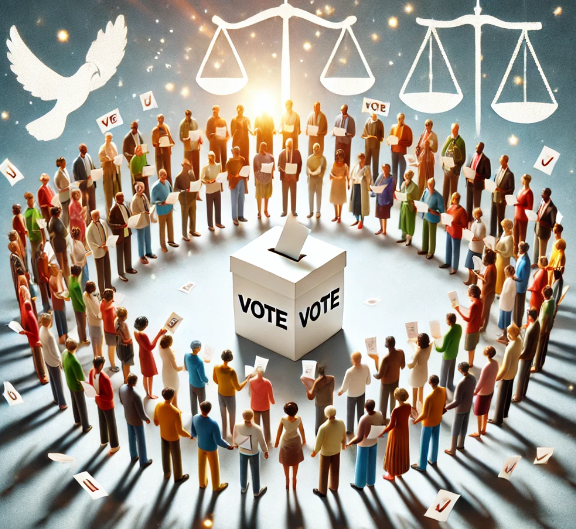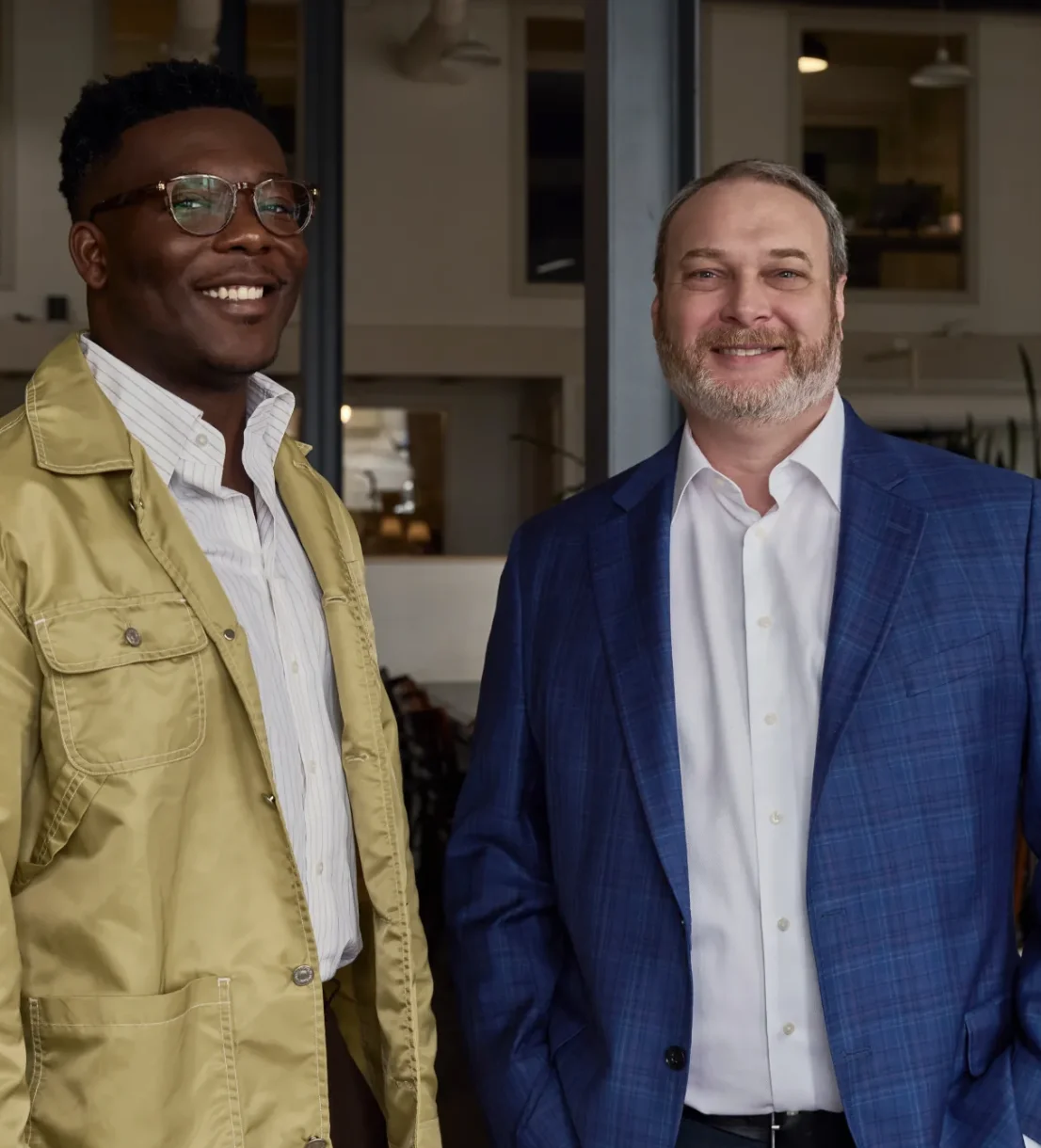In a recent TEDx talk, Lawrence Lessig presents a compelling argument about the subtle yet pervasive threat artificial intelligence (AI) poses to democracy. Lessig, a distinguished legal scholar and professor at Harvard University, shifted our focus from the distant specter of superintelligent AI to the immediate challenges posed by current AI systems, particularly in shaping public perception and discourse.
Lessig introduced the concept of “analog AI” — systems and institutions we’ve created with specific purposes, such as democracy and corporations. He argued that these entities act with instrumental rationality, much like digital AI systems. However, he posited that corporations have become more effective AIs than democracies in many countries, including his own.
The crux of Lessig’s argument lies in what he terms the “AI perception machine.” He warns that our collective misperceptions are not accidental but rather “expected, intended, the product of this AI.” This machine, primarily manifested through social media algorithms, exploits human weaknesses to drive engagement, often at the cost of social cohesion and democratic stability.
Lessig cited the aftermath of the January 6th, 2021 events in the United States as an example. He noted that despite numerous investigations, “the same number believe today that the election was stolen as believed it was stolen 3 years ago.” This persistence of belief in the face of contrary evidence underscores the power of AI-driven perception shaping.
The talk took a darker turn as Lessig contemplated the future of AI-generated content.
“What does that contact do?” he asked, when AI can not only target individuals with engaging content but also create that content, regardless of its truth or potential for harm.
Lessig didn’t leave his audience in despair, however. He advocates for protective measures for democracy, similar to how juries are shielded from certain types of information. He pointed to citizen assemblies as a potential solution, describing them as “random, representative, informed, and deliberated bodies” that could address democratic questions in a way protected from AI corruption.
Lessig framed the challenge of AI and democracy not just as an opportunity for improvement, but as an existential issue. He urges action “while we still can do something,” stressing the urgency of the situation. His message was clear: we must act now to safeguard our democratic institutions from the invisible but potent influence of AI perception machines.






